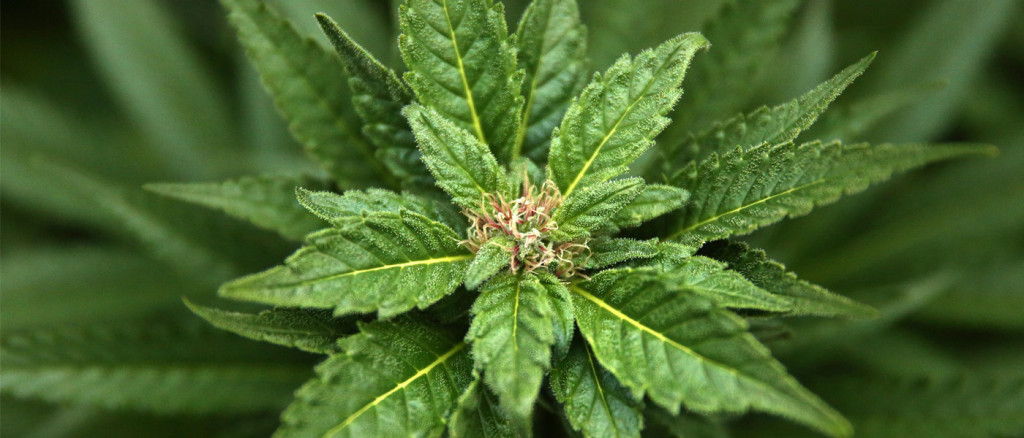If the State Senate votes this week to approve the medical use of marijuana, two area senators will have played key roles in bringing the bill, known as S-4406-c, or the Compassionate Care Act, to the floor.
Senator David Valesky of Oneida is a co-sponsor of the bill, and Senator John DeFrancisco (R-Syracuse), who opposes the bill, allowed it to bypass his Senate Finance Committee and come to a vote. Valesky caucuses with the Independent Democratic Conference (IDC), which rules the Senate in coalition with Republicans. Diane Savino of Staten Island, also of the IDC, is the Act’s principal sponsor.
As of press time, the fate of medical marijuana was in the hands of Senate Majority Leader Dean Skelos (R-Rockville Center) and Governor Cuomo. Valesky’s office indicated that Cuomo was concerned that the bill should not allow pot to be prescribed in smokeable form and wanted a shorter list of treatable medical conditions. Negotiations were ongoing, but some aspects of the bill, already approved by the Assembly, appeared to be set in stone.
For starters, the Compassionate Care Act would enshrine into law a minority viewpoint on the spelling of the product of the cannabis plant. Throughout the bill, the drafters use the spelling “marihuana,” forsaking the more common “marijuana.” Both spellings are listed in Webster’s New World Dictionary.
Furthermore, the legislation would insist that there be no labor strife anywhere along the production and distribution chain for medical marijuana. Citing concerns that the state has an interest “in the financial viability of organizations that sell marihuana for medical use” and that the financial viability of such organizations “would be greatly diminished and threatened by labor-management conflict, such as a strike.” The authors express concern that it would be hard to find reliable replacement workers in the event of a strike in the weed industry, and thus will require a Labor Peace Agreement between management and workers for any entity that wants to produce or distribute medical marijuana.
Of greater concern to patients, the law defines the “serious conditions” for which pot could be prescribed: It defines this as “a severe debilitating or life-threatening condition.” That would include cancer, HIV/AIDS, Alzheimer’s disease, muscular dystrophy, traumatic brain injury and post-concussion syndrome, multiple sclerosis, and PTSD, among other conditions.
Additional diseases may be added to the list, though it is not yet clear how that would occur. The Governor appears to prefer that this decision be left to the Health Department; the Senate sponsors would like an advisory committee to make that call.
Individual doses may not contain more than 10 mg of THC, the active ingredient in pot, and may be administered orally, under the tongue, smoked or vaporized. Smoking is prohibited for patients under the age of 21, though Cuomo is said to be holding out for a total smoking ban. Patients are limited to 2 1/2 ounces per month, and resale is forbidden
The state, which does not tax other prescription medicines, intends to levy a 7 percent excise tax on the retail price of marijuana dispensed for health reasons. That tax will be split among the producing and dispensing counties and the state government, with a portion dedicated to substance abuse agencies and law enforcement related to illegal drug dealing.
The bill would neither compel nor prohibit health insurance companies from covering the cost of weed.
Lawmakers are likely to vote on Wednesday, June 18, or Thursday, June 19. Valesky plans to vote for it; DeFrancisco’s office says he will vote against the bill unless significant changes are made. According to his press aide, Tiffany Latino, DeFrancisco believes that there is not enough research to support the case for medicinal use of pot, citing the lack of FDA approval.




